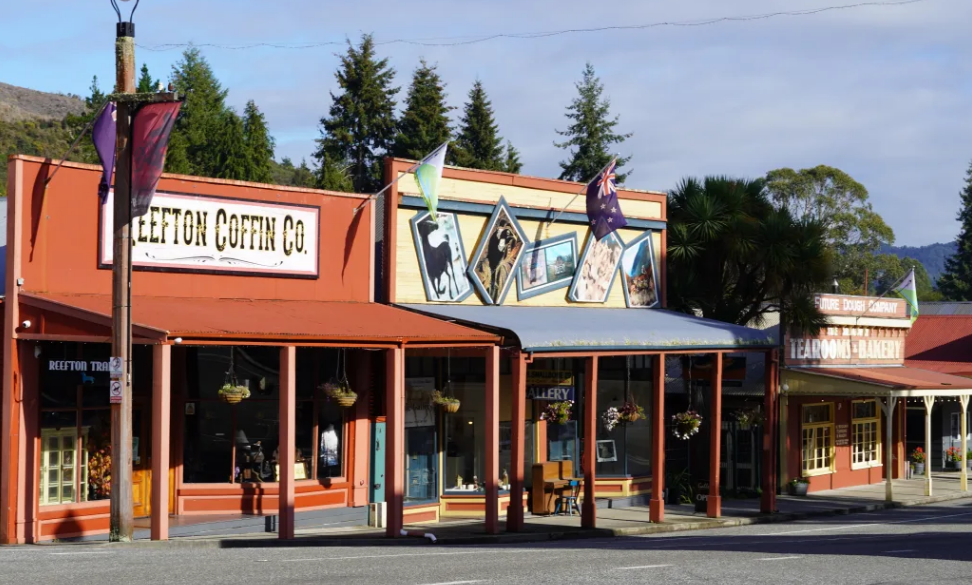
A small West Coast town is sitting on a significant supply of a valuable mineral used in everything from mobile phones to solar panels and electric vehicles.
An Australian mining company predicts that the Reefton area could have up to 5 percent of the world's supply of antimony.
Reefton's supply could be a big boost for the region's economy and beyond, according to a local resident.
Dress Smart co-founder John Bougen moved to the small town in 2015 and fell in love with it.
The Reefton area had a proud history of gold and coal mining, but in the past antimony had been more of an annoyance than a prize, he said.
"It was kind of in the way, and kept on getting in the middle of it. But now it would seem we've got an element du jour, that's gone in favour from zero to hero almost overnight - and all thanks to renewable energy."
Bougen was now a proud Reefton resident, and had invested some of his considerable capital in the town.
Once mining for antimony got under way - combined with the resurgence of gold mining - it would be great for the region, he said.
"We're going to have three underground mining operations going hell for leather, and doing it all out of sight and in an environmentally friendly way - it couldn't be better."

It was also used in the military for lead bullets and armour.
The European Union, United States, China and Australia all recognised it as a critical mineral.
Australian mining company Siren Gold was in the exploration phase of mining antimony and gold in Reefton, and was hoping to be processing antimony within five years.
Siren Gold managing director Victor Rajasooriar said the Reefton area could have up to 5 percent of the world's supply of the mineral, most of which was produced in Russia and China.
"[The Reefton source] could end up being 25 percent of what the Western countries are producing, from one place in New Zealand. So it's actually a significant amount."
This could be important for Western countries if they wished to reduce their reliance on Russia and China, he said.
Rajasooriar reckoned the value of antimony would continue to rise.
"The talk on the market is that [it] could actually double or even quadruple in the next two, three years. So, you sit there and you understand it's a critical mineral, and if New Zealand gets there, it's going to be a freaking big contributor."
The mine would directly employ about 250 people in the Reefton area, and the antimony alone would generate between $150 million and $200 million per year in revenue, he said.
The coalition government's pro-mining approach had helped their operation by reducing red tape, Rajasooriar said.
"They've fast-tracked a few of the projects for us. We are ethical operators, we've run mines before, we do everything right."












